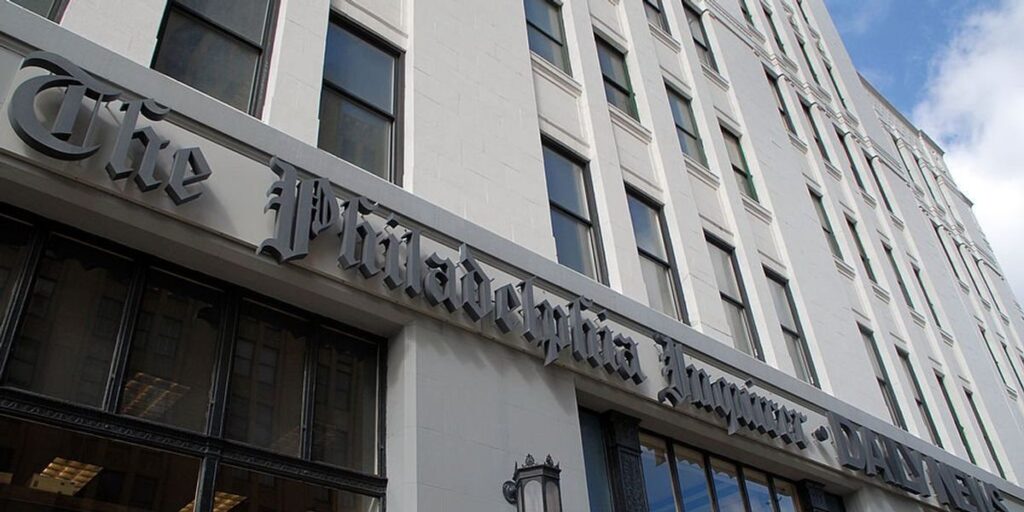The Philadelphia Inquirer has notified the FBI after its operations were disrupted by a cyber “incident” just two days before primary elections in the City of Brotherly Love.
“We appreciate everyone’s patience and understanding as we work to fully restore systems and complete this investigation as soon as possible,” Inquirer publisher Lisa Hughes said, as the outlet reported on its website.
“We will keep our employees and readers informed as we learn more,” Hughes also said.
The “apparent cyberattack,” as the outlet described it, left the Philadelphia Inquirer unable to print its regular Sunday paper. Though its online publication operations continued, those operations were “sometimes slower than normal.”
Employees will not be permitted to enter the publication’s offices at least through Tuesday as a result of the incident, the paper also said.
The Inquirer noted this seemingly major disruption would not affect its coverage of Tuesday’s 2023 primary elections in Philadelphia. In a piece published Monday afternoon specifically addressing the Inquirer’s election-night coverage, written by the same individual who covered the outlet’s cyber incident, Jonathan Lai, no mention was made of the incident. A mayoral seat, city council races, row offices, and judicial seats are all in play.
The Inquirer’s publisher, Lisa Hughes, provided no anticipated timeline for restoration, nor did she respond to the outlet’s own questions posed to her, including who was behind the incident; what systems, if any, were breached; and whether anyone had been specifically targeted.
The paper hired security company Kroll to investigate the attack. Cynet, the company’s contracted security vendor, first alerted the paper to suspicious activity on Thursday, the paper said. The paper’s weekend crew was reportedly unable to access the publication’s content management system Saturday morning.
“Depending on who’s got access, and what kind of access they have and what they do with it, you can go a lot of different ways,” Runa Sandvik, a computer security expert and researcher who specializes in digital security for journalists, told the Inquirer.
“And now it’s 2023, so it’s not like we don’t know about these types of attacks, and it’s not like we don’t know how they happen,” Sandvik also told the outlet, emphasizing the importance for news organizations in particular to “harden their defenses.”
Multi-factor authentication, a best practice identified by Sandvik and other security experts, is reportedly not in place for many of the paper’s key systems.
Like Blaze News? Bypass the censors, sign up for our newsletters, and get stories like this direct to your inbox. Sign up here!


